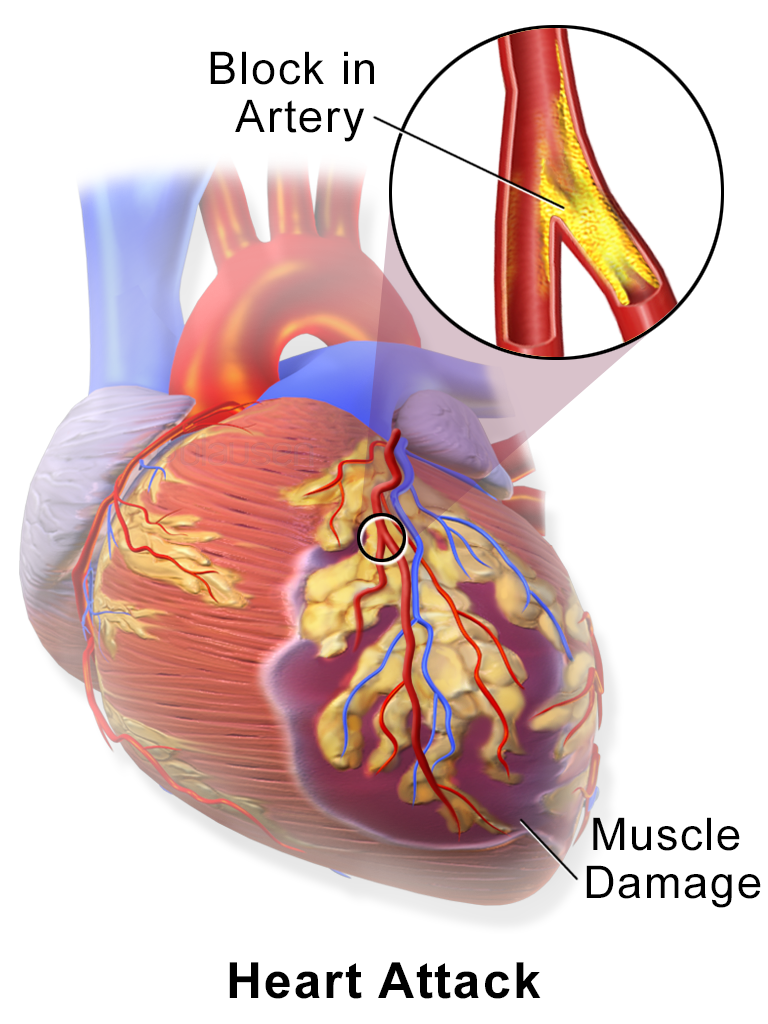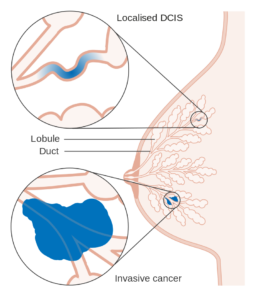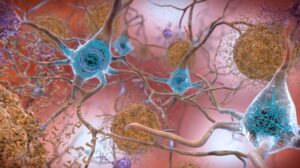Heart Attack: Still a Concerning Topic


Dr. Juni Banerjee, Neucrad Health Desk, 17th May’ 22
What about the Heart?
The heart is a pumping machine of our body, usually it beats about 60-100 times per minute. With each heartbeat, the heart helps to circulate blood throughout our bodies, carrying oxygen to body tissues. After delivering the oxygen, the deoxygenated blood returns back to the heart-chambers. Again, the heart pumps the blood to our lungs for picking up more oxygen and releasing carbon dioxide there.
What many may not know about heart is that a) the heart muscle is the first and strongest muscle in the human body b) the heart begins to beat within three weeks of pregnancy c) Surprising to hear, the human heart does not stop beating even once since birth and d) the heartbeats on an average 2.5 billion times in a person!
However, in the absence of human awareness, humans often care less about its own heart and harm it unknowingly. All these increase the chances of a heart attack.
What is ‘Heart Attack’?
For any reason, if the blood circulation gets obstructed, the heart muscle dies due to lack of oxygen resulting in a heart attack. Failure to normalize the blood flow in such an emergency situation can lead to deaths.

Heart attacks are often caused by ischemic heart disease. If cholesterol plaque builds up in the coronary arteries, or if the arteries are damaged at the site of plaque formation, blood clots can form. These blood clots basically block the proper flow of oxygenated blood to the heart muscles, thus leading to heart attacks. Scar tissue is formed at the place where the heart muscle dies.
Interestingly, plaque formation in other arteries of the body for a long time is called ‘atherosclerosis’. This causes difficulty in the normal contraction and expansion of the heart, which can lead to complex heart disease.
What are the Symptoms of a Heart Attack?
The following symptoms can be observed in case of a heart attack:
- Feeling heaviness and pressure on the chest.
- Pain in jaw, teeth, and head.
- Vomiting, abdominal discomfort, sweating.
- Shortness of breath and chest irritation
- Pain in one hand (left hand) and left hand
- Back pain
- Severe fatigue
Notably, even in absence of the above symptoms, a heart attack can occur if the patient has diabetes mellitus. This is called a ‘silent heart attack’.
What are the possible causes of a heart attack?
- The fatty foods contain cholesterol, which is not easily absorbed. This cholesterol gets dissolved in the blood with the help of special lipoproteins. The cholesterol can be associated with either high-density or low-density lipoproteins (HDL and LDL). When LDL rises, the amount of insoluble cholesterol in the blood increases, and atherosclerosis plaques can be found in the bloodstream, causing heart attacks. It is better to stay away from fat and oily foods to keep the heart-healthy. Avoiding fat/oily-foods and using low-fat milk, margarine, etc in the diet is very necessary to avoid heart attack risks.
- Studies have shown that excessive smoking damages blood vessel walls and increases the risk of developing atherosclerosis plaque and heart attacks.
- People who suffer from high blood pressure (hypertension) are more likely to have a heart attack.
- Heart attacks are also caused by stress, mental exhaustion, and anxiety.
- In many cases, having a family history of heart attack is a genetic predisposition to heart attack. More research is going on about this matter too!
- Having diabetes or diabetes mellitus increases the risk of a heart attack.
- According to statistics, men have more heart attacks, which means that the disease has a gender specificity.
- After menopause in women or whose ovaries have been removed for certain reasons (oophorectomy) are more likely to have a heart attack. In this case, estrogen hormone therapy is needed.
- Older people are also more likely to have a heart attack.
- Excessive alcohol and harmful drug intake can lead to a heart attack.
- People with autoimmune diseases, such as lupus or rheumatoid arthritis, are more likely to have a heart attack.
What damage can a heart attack do to the body?
Heart attack causes great damage to the heart as well as body viz. a) irregular heartbeats occur because of the damaged heart damage due to heart attack, B) heart attack can lead to heart failure, sudden cardiac arrest and death, c) Besides, other organs of the body are affected due to difficulty in blood circulation.
What precautions should be taken to prevent a heart attack?
The following steps can be taken to reduce the risk of heart attack:
- Blood pressure should be regularly monitored and prescribed medicines should be taken properly in case of high blood pressure.
- walking, light yoga, and cardiac exercises should be done daily.
- Sweet, oily, spicy, fatty foods should be avoided.
- Must consult a doctor in case of feeling any chest pressure or shortness of breath.
- Angioplasty or stent is sometimes recommended by the doctors to prevent further heart attacks.
- Physicians use statin or blood thinner medicine to reduce atherosclerosis.
Research is currently underway to develop special “scavenger molecule drugs” that can quickly remove blood clots in the bloodstream and prevent heart attacks. Once again, commitment to lead a heart-healthy lifestyle is the best defence against various cardio-vascular diseases.
References:
- Stewart J, Manmathan G, Wilkinson P. Primary prevention of cardiovascular disease: A review of contemporary guidance and literature. JRSM Cardiovasc Dis. 2017;6:2048004016687211. Published 2017 Jan 1. doi:10.1177/2048004016687211
- Hobbs FD. Prevention of cardiovascular diseases. BMC Med. 2015;13:261. Published 2015 Oct 12. doi:10.1186/s12916-015-0507-0
- Rippe JM. Lifestyle Strategies for Risk Factor Reduction, Prevention, and Treatment of Cardiovascular Disease. Am J Lifestyle Med. 2018;13(2):204-212. Published 2018 Dec 2. doi:10.1177/1559827618812395
- Egan BM, Lackland DT. Strategies for cardiovascular disease prevention: importance of public and community health programs. Ethn Dis. 1998;8(2):228-39. PMID: 9681288.
- Netto G, McCloughan L, Bhatnagar A. Effective heart disease prevention: lessons from a qualitative study of user perspectives in Bangladeshi, Indian and Pakistani communities. Public Health. 2007 Mar;121(3):177-86. doi: 10.1016/j.puhe.2006.11.001. Epub 2007 Jan 16. PMID: 17224165.











